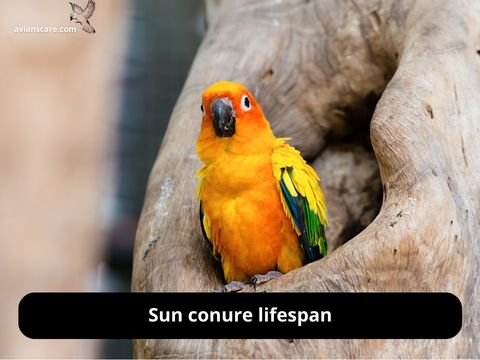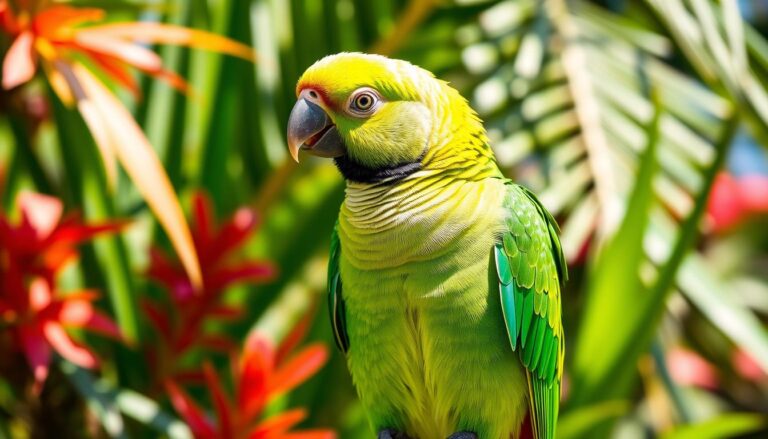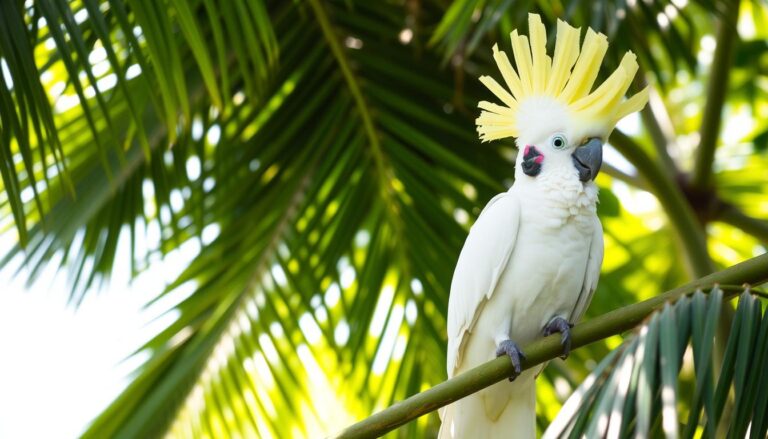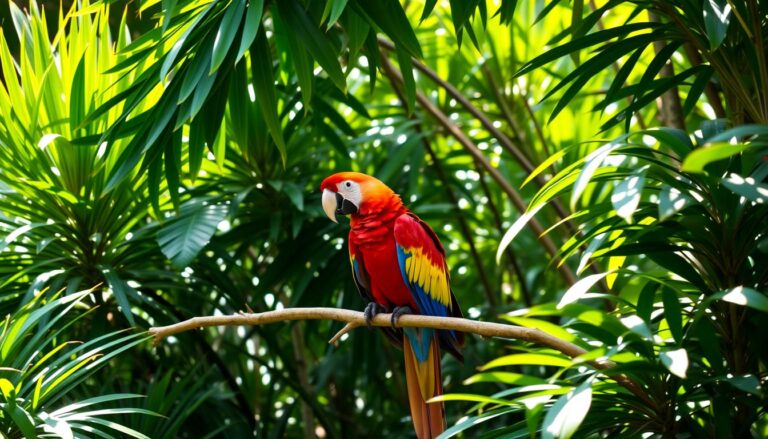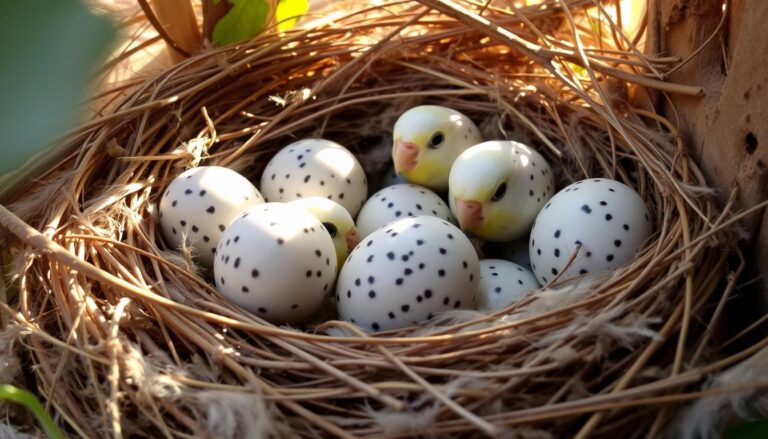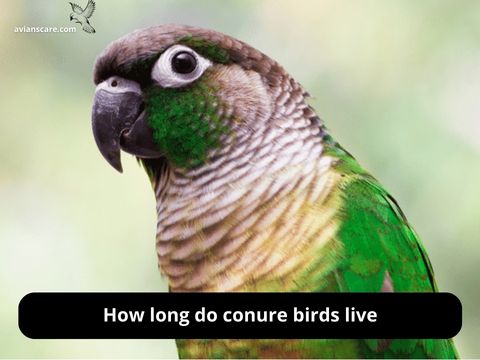Sun conure lifespan
Sun conures, with their vibrant plumage and playful demeanor, have become popular avian companions. Understanding the lifespan of these colorful birds is crucial for responsible ownership. In this article, we’ll delve into the various aspects of sun conure lifespan, exploring their life in the wild, characteristics, factors affecting longevity, and essential care tips for extending their time as our feathered friends.
Life in the Wild
Sun conures, native to South America, thrive in the lush rainforests of Brazil, Guyana, and Venezuela. In their natural habitat, they face challenges from predators and environmental factors, creating a delicate balance for survival.
Sun Conure Characteristics
Physical Appearance
Known for their striking appearance, sun conures boast a vibrant mix of yellow, orange, and green feathers. Their playful personalities and affectionate nature make them captivating companions for bird enthusiasts.
Behavioral Traits
Sun conures are social birds, forming strong bonds with their human caregivers. Their intelligence and ability to mimic sounds add to their charm, making them delightful members of the household.
Factors Affecting Lifespan
Diet and Nutrition
Proper nutrition is paramount for the well-being of sun conures. A balanced diet that includes a variety of fruits, vegetables, and high-quality pellets is essential for preventing nutritional deficiencies.
Environmental Factors
Creating a suitable environment is crucial. Adequate space, proper cage setup, and exposure to natural light contribute to the overall health and longevity of sun conures.
Healthcare
Regular veterinary check-ups and prompt attention to any signs of illness are vital aspects of ensuring a sun conure’s well-being. Preventive healthcare measures play a pivotal role in extending their lifespan.
Average Lifespan
Research and studies suggest that sun conures can live for approximately 15 to 25 years. However, the lifespan can vary based on factors such as genetics, diet, and living conditions. In captivity, with proper care, some sun conures have been known to exceed these averages.
Common Health Issues
While sun conures are generally hardy birds, they can be susceptible to certain diseases. Owners should be aware of common health issues such as respiratory infections and feather plucking, taking preventive measures to safeguard their pet’s health.
Quality of Life in Captivity
Providing a high quality of life for sun conures in captivity involves more than just meeting their basic needs. Mental stimulation through toys, interaction with their human family, and a stimulating environment contribute to their overall well-being.
Diet and Nutrition
The significance of a well-balanced diet cannot be overstated. Sun conures thrive on a variety of fresh fruits, vegetables, and specially formulated pellets. Owners should be mindful of providing a diverse and nutritious diet to support their pet’s health.
Environmental Considerations
Creating an ideal living space for sun conures involves more than just placing a cage in a room. Understanding their need for social interaction, exposure to natural light, and appropriate environmental enrichment is essential for a happy and healthy pet.
Veterinary Care
Regular check-ups with an avian veterinarian are crucial for early detection of any health issues. Sun conure owners should educate themselves on the signs of illness and seek professional help promptly when needed.
Life Expectancy in Captivity
Proper care significantly impacts the lifespan of sun conures in captivity. Attention to their dietary needs, healthcare, and mental well-being can contribute to a fulfilling and extended life for these beloved birds.
Bonding and Socialization
Sun conures thrive on social interactions. Owners should spend quality time bonding with their pets, providing companionship and creating a strong human-bird relationship. Social activities and engaging toys can enhance their mental health.
Educating Sun Conure Owners
Responsible ownership involves educating oneself about the specific needs of sun conures. Understanding their behavior, providing a suitable environment, and seeking knowledge about proper nutrition are vital aspects of caring for these delightful birds.
Conclusion
In conclusion, the lifespan of sun conures is influenced by a combination of genetic factors, proper care, and environmental conditions. By embracing the responsibility of ownership, providing a balanced diet, regular veterinary care, and fostering a stimulating environment, owners can contribute to the well-being and longevity of these captivating birds.
FAQs
- How long do sun conures live on average? Sun conures have an average lifespan of 15 to 25 years, influenced by various factors.
- Can sun conures live longer with proper care? Yes, with attentive care, a balanced diet, and a suitable environment, sun conures can live longer than the average lifespan.
- What is the significance of a balanced diet for sun conures? A balanced diet ensures that sun conures receive essential nutrients, promoting overall health and longevity.
- How can owners enhance the mental well-being of their sun conures? Owners can enhance mental well-being through social interaction, engaging toys, and a stimulating environment.
- Are there any specific signs of illness to watch for in sun conures? Signs such as changes in behavior, appetite, or feather condition should prompt owners to seek veterinary advice promptly.

